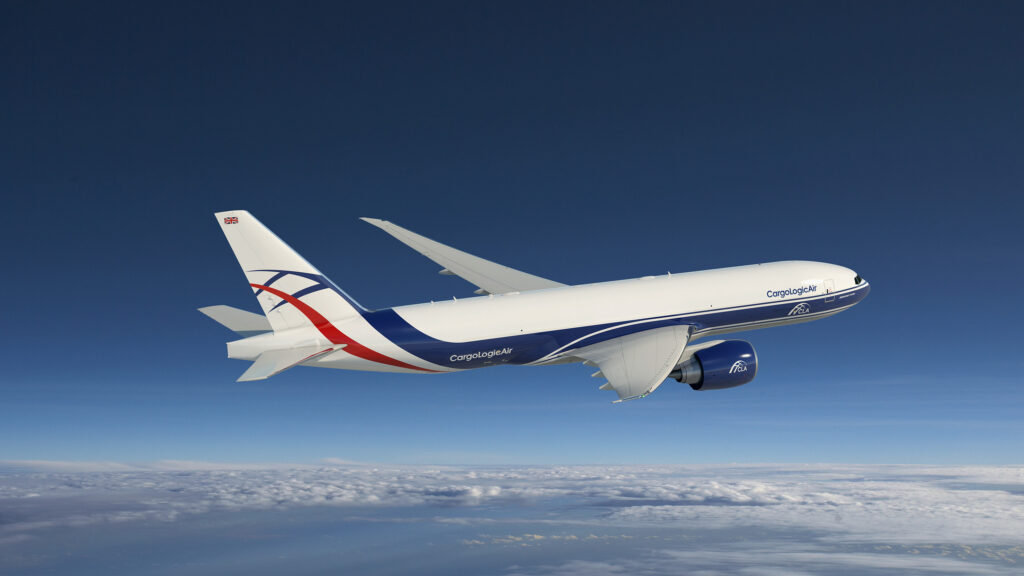Boeing 777 Freighter Joins the Volga-Dnepr Group
- 777 Freighter’s superior range and efficiency to complement Volga-Dnepr’s fleet - Volga-Dnepr becomes the 19th operator of the large-capacity twin-engine freighter. A Boeing [NYSE:BA] 777 Freighter today joined the Volga-Dnepr Group fleet of 24…
